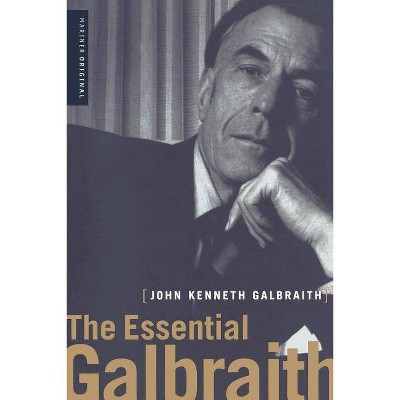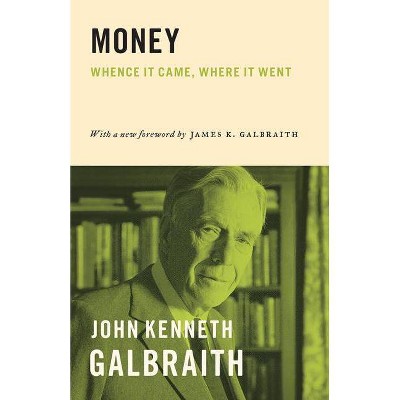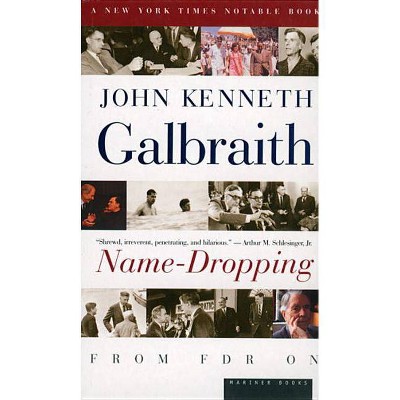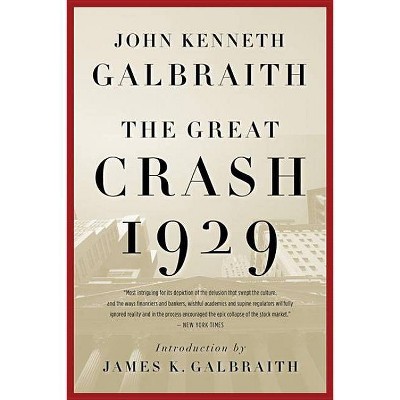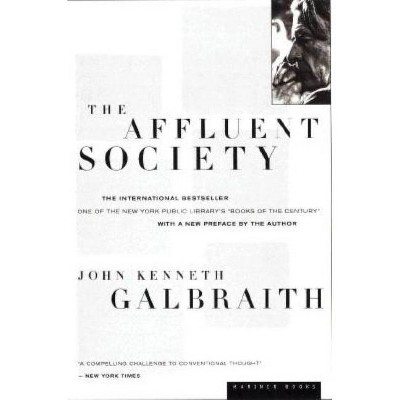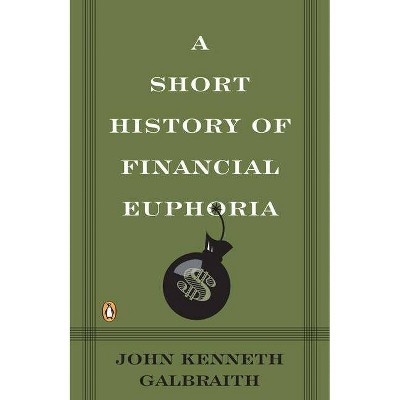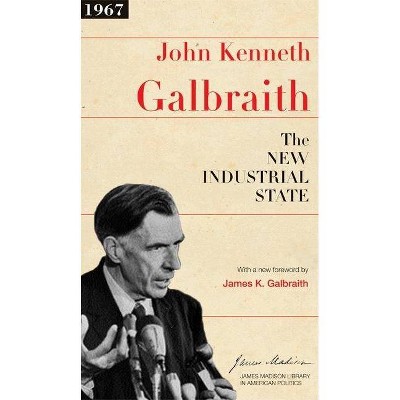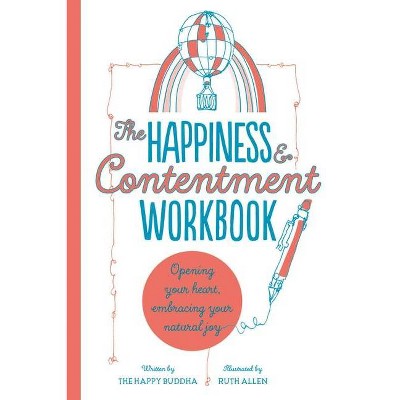The Culture of Contentment - by John Kenneth Galbraith (Paperback)
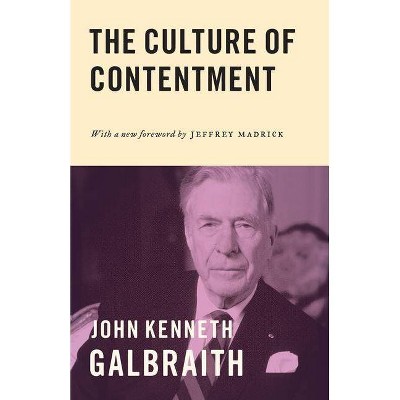
Similar Products
Products of same category from the store
AllProduct info
<p/><br></br><p><b> Book Synopsis </b></p></br></br><p>The world has become increasingly separated into the haves and have-nots. In <i>The Culture of Contentment</i>, renowned economist John Kenneth Galbraith shows how a contented class--not the privileged few but the socially and economically advantaged majority--defend their comfortable status at a cost. Middle-class voting against regulation and increased taxation that would remedy pressing social ills has created a culture of immediate gratification, leading to complacency and hampering long-term progress. Only economic disaster, military action, or the eruption of an angry underclass seem capable of changing the status quo. A groundbreaking critique, <i>The Culture of Contentment</i> shows how the complacent majority captures the political process and determines economic policy.</p><p/><br></br><p><b> From the Back Cover </b></p></br></br><p>"<i>The Culture of Contentment</i>'s core message about rising inequality, lessened economic mobility, and the serene self-satisfaction of those favored by such has been echoed and amplified endlessly in the last decade but rarely so elegantly and deftly."<b>--Richard Parker, Harvard Kennedy School</b></p><p/><br></br><p><b> Review Quotes </b></p></br></br><br>Thought-provoking.-- "Kirkus Reviews"<br><p/><br></br><p><b> About the Author </b></p></br></br><b>John Kenneth Galbraith</b> (1908-2006) was one of the most influential economists of the twentieth century. He was professor of economics at Harvard University and served as U.S. ambassador to India during the Kennedy administration. He wrote more than fifty books, including <i>American Capitalism</i>, <i>The Affluent Society</i>, and <i>The New Industrial State</i> (Princeton).
Price History
Price Archive shows prices from various stores, lets you see history and find the cheapest. There is no actual sale on the website. For all support, inquiry and suggestion messages communication@pricearchive.us
